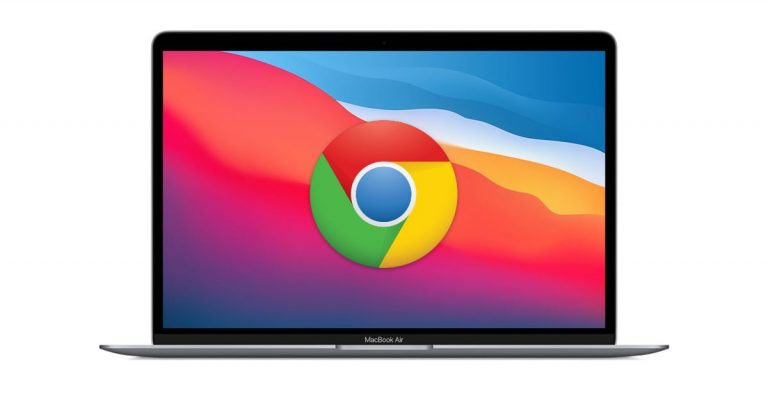

In these instances the accumulated use of RAM memory causes greater stress on the machine and causes an overheated computer.

Particularly demanding applications and programs such as Photoshop, Sketch, or Final Cut Pro. If, by itself, there is no danger in using and abusing Chrome, the same is not true when we have several apps open in addition to Internet browsers. The real problem lies in the common use of browsers on a computer. Stressing that the machine's resources are there to be used and that Google Chrome is effectively fast, it is certain that this causes a greater warming. The researcher warns that these numbers can scare the average user. The real impact of Chrome and Safari on macOS computers Temperature record with 54 tabs open in Chrome (left) and Safari (right). As far as you are concerned, Safari required 12 MB. In fact, in the stress test each tab opened in Chrome required 290 MB. In other words, Google Chrome required up to 24x more RAM per open tab, something that, scaled by 54 tabs, represents a huge machine overhead compared to the same task performed by Safari. The findings point to an excessive consumption of Google's browser, up to another 24x. The most demanding round of testing between Google Chrome and Safari on a macOS computer consisted of 54 tabs open in both browsers. With 54 tabs Google Chrome requires up to 24x more RAM RAM memory occupation by Chrome and Safari.

The CPU load factor reflects the same scenario with Chrome demanding more from the machine.

The researcher points out that Google Chrome comes to occupy 1 GB of RAM by having 2 tabs open. To do this, he opened Twitter and then Gmail in Chrome and Safari, ascertaining the RAM memory occupation by each of the browsers, with the results presented above. The first round of tests aimed at simulating banal use of browsers. 2 open tabs, 10x more RAM occupied by Chrome RAM memory occupation by Chrome and Safari. As for the stress and pressure test, he used a total of 54 tabs open in both browsers – Google Chrome and Safari. The operating system used was macOS Big Sur, with extensions disabled in both browsers. The methodology used consisted of making a clean installation of macOS in a virtual machine, using two tabs – 2 in Chrome and 2 in Safari – as a point of comparison and measuring your resource consumption. Assuming that the “problem” was generated by Google's browser, he decided to run some tests.
#FLOTATO CHROME MAC#
That said, when closing the Chrome tabs, he found that the Mac computer was quiet again and operating normally. The test was carried out by Morten Just after feeling that his computer was overloaded, hot and with the fan always running. Google Chrome uses between 10x and 24x more RAM than Safari According to a study carried out by Flotato, Chrome uses an average of 10x more RAM in a normal situation. Safari, in turn, accounts for close to 20%, being natively present on Apple's macOS computers and iPhone.īoth browsers allow access to the Internet, but they do it differently, especially with regard to resource management. Google Chrome is the most popular browser in the world with more than 60% market share according to Statista.


 0 kommentar(er)
0 kommentar(er)
